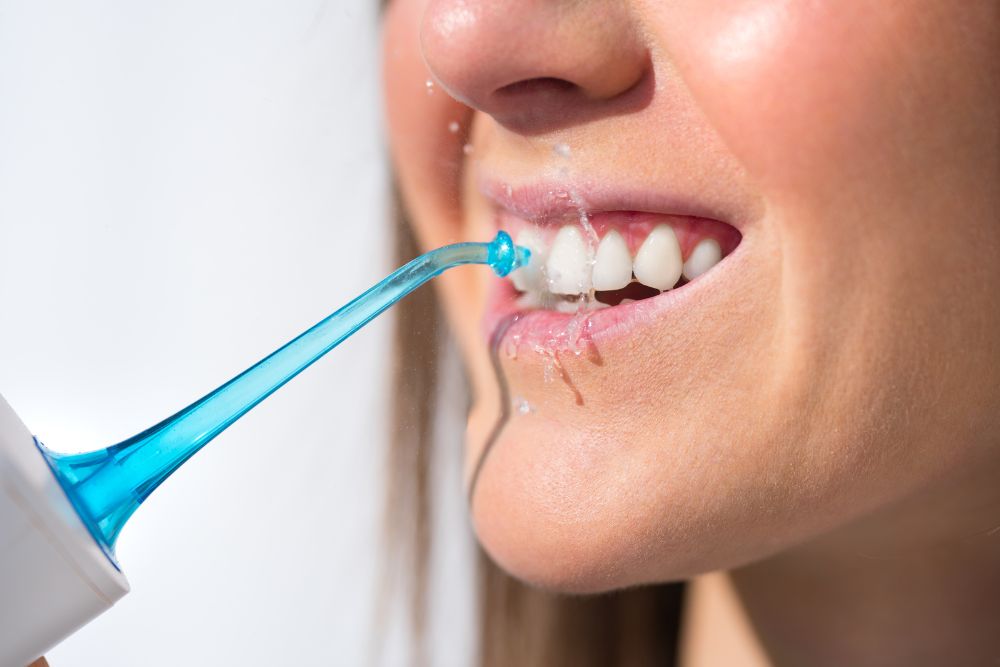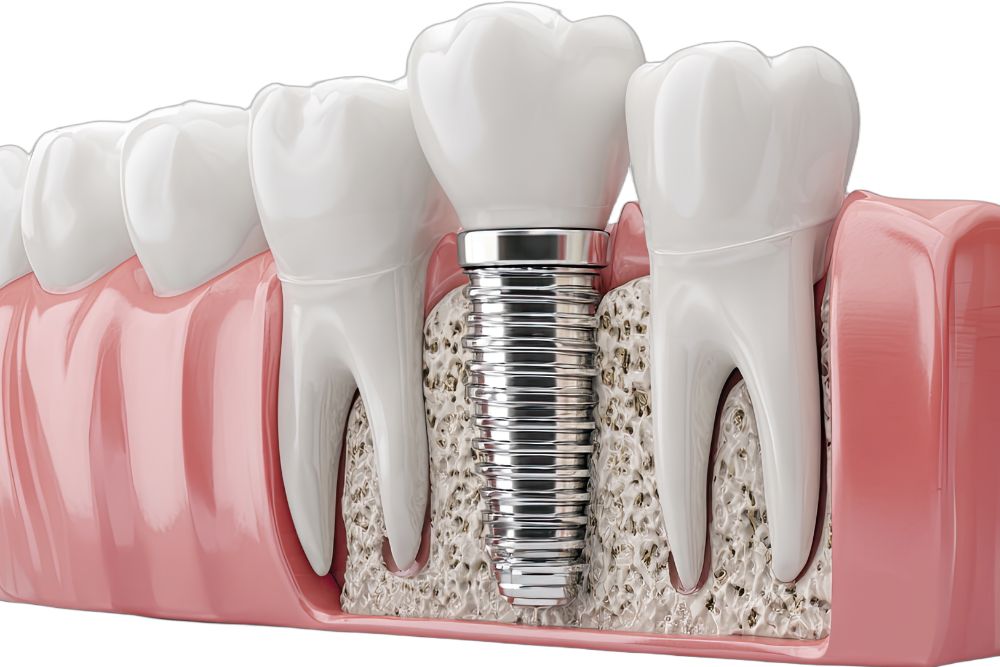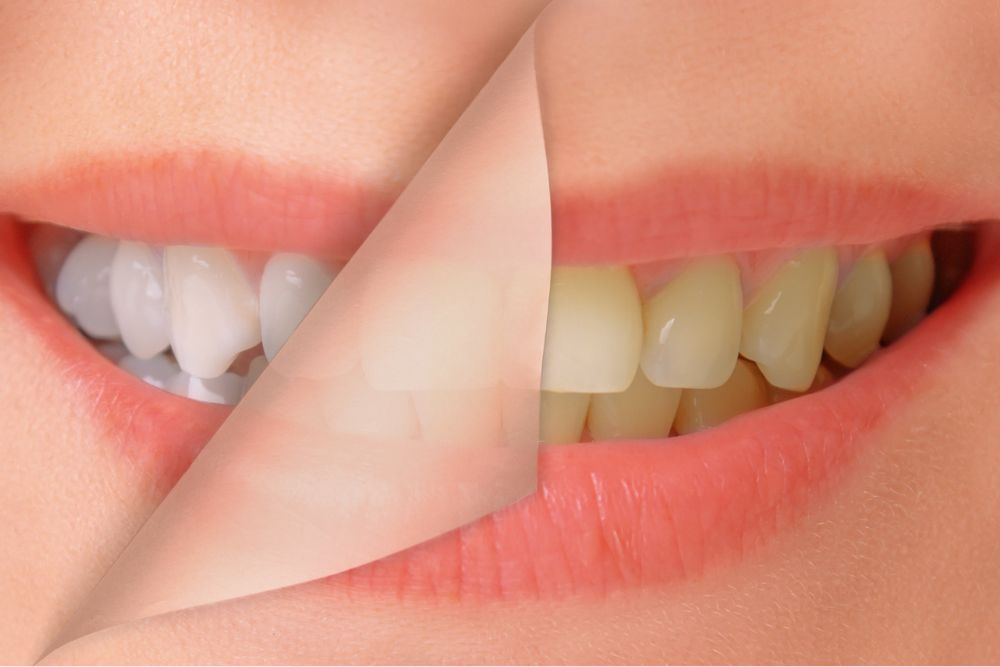Key Takeaways:
Ongoing Care for Dental Implants:
Dental implants are highly durable and closely mimic natural teeth, but they still require proper and consistent care. The maintenance routine goes beyond just brushing and flossing; it involves a proactive approach that includes regular cleanings, specialized tools, and addressing habits like smoking or teeth grinding to prevent complications.
Daily Hygiene and Regular Checkups Are Crucial:
To maintain your dental implants, it’s essential to treat them like your natural teeth—brushing twice a day, flossing, and attending regular dental checkups. These practices help prevent plaque buildup, infections, and other issues that could threaten the stability of the implants. Routine care is key to ensuring your implants remain healthy for years to come.
Diet, Habits, and Overall Health Affect Implant Longevity:
Your lifestyle directly impacts the health and success of your dental implants. Avoid hard or sticky foods, quit smoking, and limit alcohol consumption to protect your implants. Additionally, managing health conditions such as diabetes or osteoporosis is vital, as they can affect the healing process and the durability of the implants. Proactive dental care ensures that your implants last for a long time.
Dental Implants: A Durable, Lifelong Solution
Once you’ve received your dental implants, they may feel and look just like your natural teeth. But dental implants, while durable, still require ongoing care to remain in good shape. Dental implant maintenance involves a comprehensive routine aimed at protecting your implants and maintaining your overall oral health. Whether you’re new to implants or have had them for years, understanding how to properly maintain them is essential to enjoy long-lasting results and avoid complications.
What You Should Know About Dental Implants
Dental implants are becoming a popular solution for replacing missing teeth. These artificial tooth roots, typically made of titanium, are surgically placed into the jawbone. Once in place, your dentist can attach replacement teeth, such as crowns, bridges, or even full dentures. Unlike traditional dentures, which can shift around, implants remain secure, allowing you to speak, eat, and smile confidently.
The Benefits of Dental Implants
Dental implants provide numerous benefits beyond just filling in gaps in your smile. They look natural, seamlessly blending in with your existing teeth, and they’re built to last. With proper care and a healthy lifestyle, implants can endure for decades, potentially even a lifetime. However, their longevity relies on proper maintenance, just like your natural teeth.
The Healing Process After Getting Dental Implants
Following the dental implant procedure, it’s normal to experience some swelling, bruising, or soreness in the area. These are typical signs of healing. Your dentist may prescribe pain medication to ease discomfort and recommend rinsing with warm salt water after the first 24 hours to help keep the area clean. Avoid brushing the surgical site directly for a few days and refrain from touching the area with your fingers or tongue to prevent infection. If you notice any unusual symptoms, such as persistent pain, swelling, or discharge, contact your dentist immediately.
How to Maintain Your Dental Implants
Proper dental implant maintenance is vital to ensure their longevity and functionality. Keeping your implants healthy requires regular care, including the following practices:
1. Daily Oral Hygiene
Your daily hygiene routine should mirror that of your natural teeth: brushing at least twice a day and flossing daily. Use a soft-bristle toothbrush and non-abrasive toothpaste to avoid damaging the implants or irritating the gums. Interdental brushes can also help clean between the implants and surrounding teeth where a regular toothbrush might miss.
2. Regular Check-ups and Cleanings
Even if everything feels fine, visiting your dentist regularly is essential for maintaining your implants. Your dentist will examine your implants for any signs of complications, such as gum disease or bone loss. They’ll also provide professional cleanings to remove plaque buildup that might be difficult to eliminate with your daily routine. Routine visits help catch potential issues early, preventing more significant problems later.
3. Specialized Cleaning Tools
Depending on your specific dental needs, your dentist might recommend specialized tools to assist in cleaning around your implants. Water flossers can be particularly effective for gently cleaning around the gum line, while antimicrobial mouthwashes can help keep harmful bacteria at bay, reducing the risk of infection.
4. Monitor Your Diet
Though implants are sturdy, it’s best to avoid foods that could cause harm, such as hard candies, ice, and nuts. Sticky foods can cling to the implants, encouraging plaque buildup. A healthy diet rich in vitamins and minerals will help maintain oral health and support the longevity of your implants.
5. Avoid Harmful Habits
Habits like smoking and excessive alcohol consumption can negatively affect the success of your implants. Smoking can impair healing after the procedure and increase the risk of gum disease, which can lead to implant failure. Limiting or quitting these habits is crucial for keeping your implants in top condition.
6. Gum Health is Vital
Your gums play a key role in the stability of your implants. Poor gum health can lead to conditions such as peri-implantitis, which causes inflammation, bone loss, and potential implant failure. Proper care of your gums through regular flossing, gentle brushing, and using mouthwash is essential to keeping your implants secure.
7. Night Guards for Bruxism
If you grind your teeth at night, a condition known as bruxism, your implants may be at risk of damage. Teeth grinding can apply excessive pressure on your implants, potentially leading to loosening, gum irritation, or even damage to the implant itself. A custom night guard can help protect your implants from the effects of bruxism.
8. Systemic Health Considerations
Overall health plays a significant role in the success of dental implants. Conditions like diabetes, osteoporosis, or autoimmune disorders can affect the healing process and increase the likelihood of complications. For instance, poorly controlled diabetes can slow healing and increase infection risk, while osteoporosis can affect bone density, impacting the stability of the implant. Be mindful of how your health affects your dental implant maintenance and consult your dentist regularly to address any concerns.
Financial Considerations for Dental Implants
Dental implants are a long-term investment, and while the initial cost can be high, ongoing maintenance is necessary to keep them in good condition. Regular check-ups, professional cleanings, and the occasional replacement of parts, such as the crown, are all part of the long-term care. By investing in preventive care now, you can avoid more expensive repairs or replacements in the future.
Schedule Your Dental Implant Maintenance Today
At Matthews Family Dentistry, we are dedicated to helping you maintain the health and longevity of your dental implants. Our expert team offers personalized care to ensure your implants remain functional and beautiful for years to come. Contact us today to schedule your appointment and preserve your smile.
Frequently Asked Questions
What is dental implant maintenance?
Dental implant maintenance refers to the ongoing care and upkeep of your implants to ensure their longevity and functionality.
Why is dental implant maintenance important?
Proper maintenance prevents complications, protects the implants, and helps ensure they remain functional for years.
How often should I visit the dentist for implant maintenance?
It’s recommended to visit your dentist every six months for check-ups and cleanings. However, your dentist may recommend more frequent visits based on your specific needs.
What does dental implant maintenance involve?
It includes daily brushing and flossing, professional cleanings, and regular dental check-ups. Specialized tools may be needed to clean around the implant.
Are there special tools for implant care?
Yes, tools like interdental brushes, water flossers, and antimicrobial mouthwash are commonly recommended for cleaning around implants.
What signs indicate issues with dental implants?
Signs of potential issues include pain, swelling, bleeding, or discomfort around the implant. If you notice any of these symptoms, contact your dentist.









